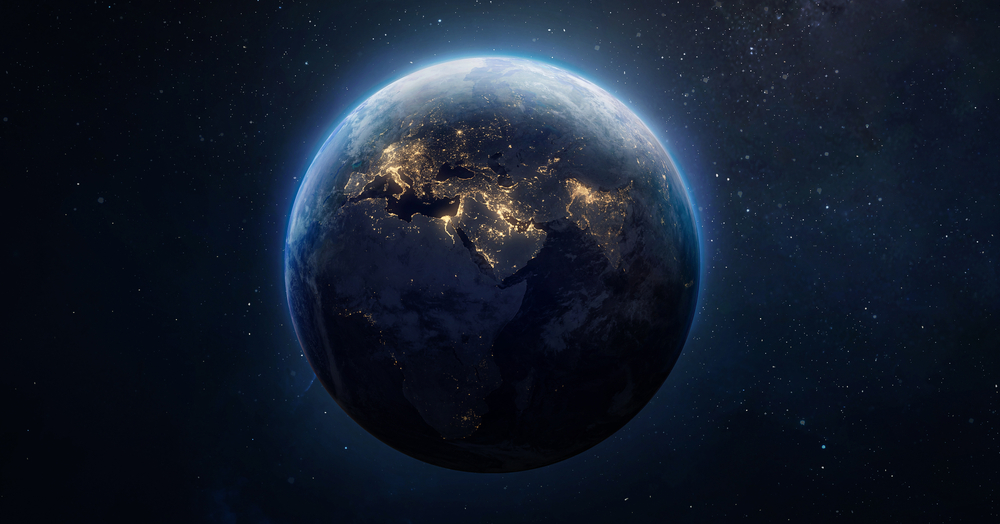Earth’s Secret Underground Ocean Could Hold Key to Water’s Origins
Others are reading now
Scientists have discovered a huge underground ocean that lies hundreds of miles below Earth’s surface.
This find could change our understanding of water on our planet. It is believed to be three times larger than all the oceans combined, according tp WP.
For years, researchers suspected that such an ocean could exist in the Earth’s “transition zone,” which lies between the upper and lower mantles, about 400 to 650 kilometers deep.
In 2014, scientists Steve Jacobsen from Northwestern University and Brandon Schmandt from the University of New Mexico provided the first evidence of this hidden reservoir.
Also read
They used seismographs across the United States to track seismic waves from over 500 earthquakes.
These waves sped up as they passed through the transition zone, suggesting that water was present at this depth.
This underground ocean is not in the form of liquid or ice. Instead, the water is trapped in minerals found in the Earth’s mantle.
The specific mineral responsible is ringwoodite, which is a type of olivine. Ringwoodite contains about 2.5 to 3 percent water by weight.
This discovery challenges the old theory that Earth’s water came from asteroids or comets that hit the planet billions of years ago.
Jacobsen and Schmandt’s research now suggests that much of Earth’s water may have originated from deep within the planet itself.
Similar findings have been made on other celestial bodies as well. For example, on Ceres, a dwarf planet between Mars and Jupiter, scientists believe there may be an ocean beneath its surface, rich in organic materials.
Research suggests that these materials could be native to Ceres and possibly even support life. On Mars, underground water reservoirs have been found.
The InSight mission discovered enough water beneath Mars’ surface to cover the entire planet in a 1-2 km deep ocean.
This suggests that Mars may have had conditions favorable for life in the past. Even the moon Ariel, which orbits Uranus, may have a hidden ocean that could be explored further.

